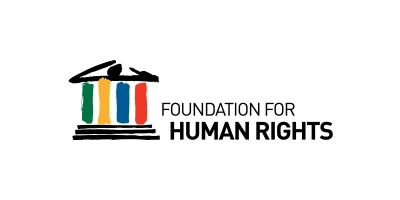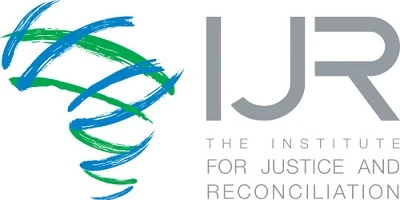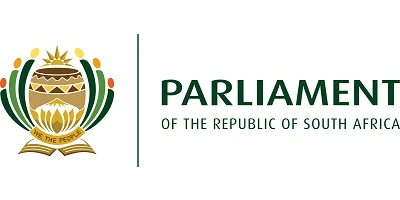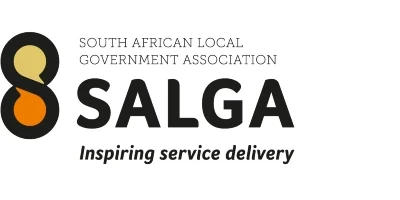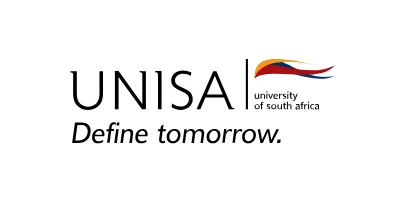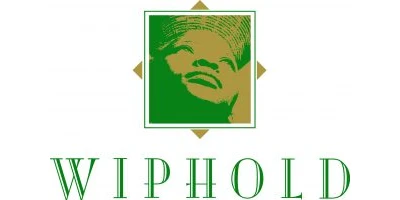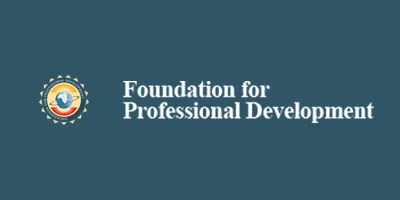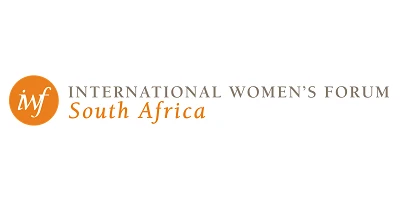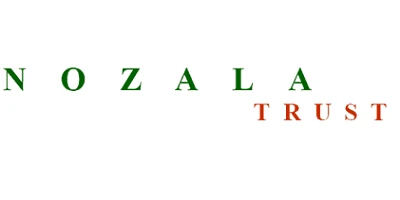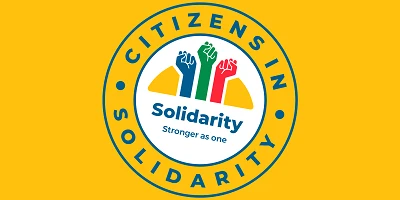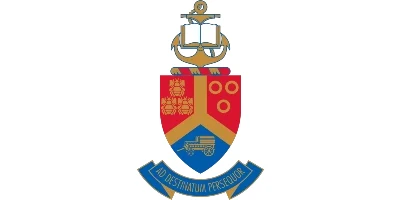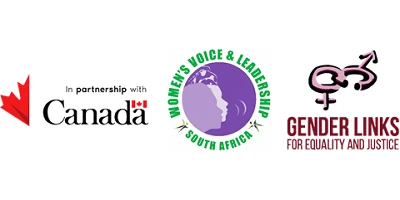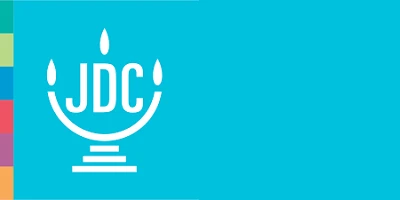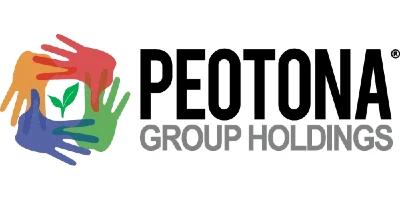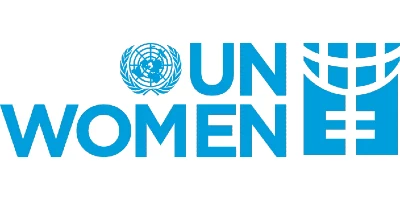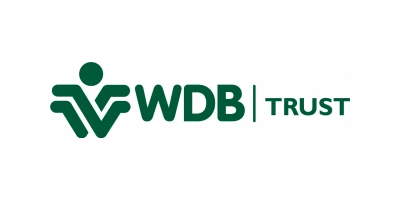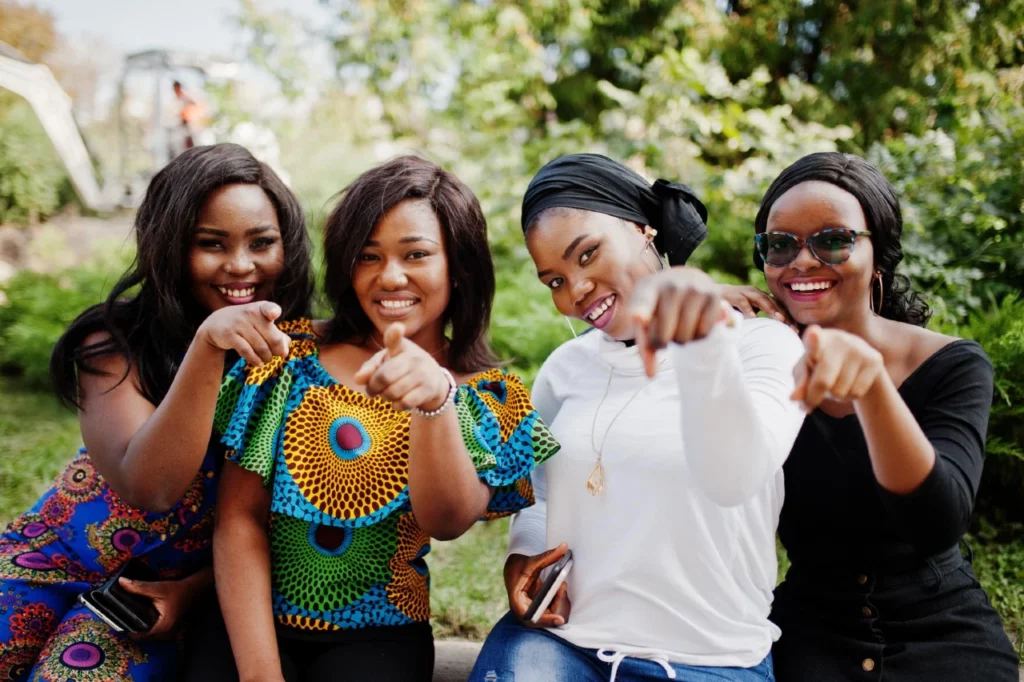
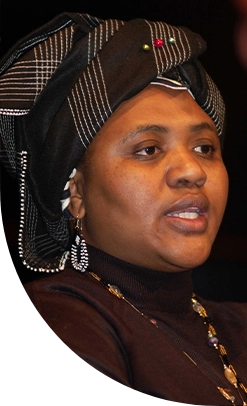
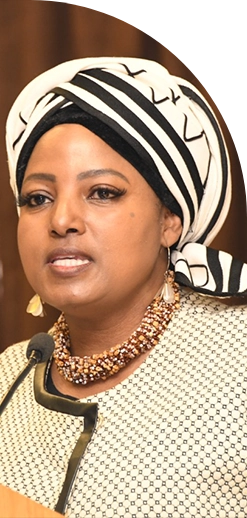
EMPOWERING WOMEN FOR A BETTER
FUTURE IN SOUTH AFRICA
Since its inception, SAWID has been a critical voice in advocating for women’s rights and gender equality in South Africa. Through its dialogues, SAWID has helped establish a common agenda for the development of women, ensuring that women’s views are taken into consideration in all decision-making processes. SAWID is committed to working together with women across the country to ensure that fundamental rights gained through the liberation struggle are entrenched and protected, and that emergent challenges are addressed.
BRIEF HISTORY OF SAWID
South African Women in Dialogue (SAWID) is an inclusive, non-partisan, and non-profit organization established in 2003. The organization was inspired and sustained by the leadership of prominent South African women, including Mrs. Zanele Mbeki and Dr. Brigalia Bam, along with a diverse volunteer steering committee. SAWID’s commitment to inclusivity encompasses race, language, ethnicity, age, class, geographic origin, religious or political affiliation, and sexual preference. Its mission is to represent the voices of South African women on all platforms where decisions are made that impact their lives.
Initially, SAWID focused on five program areas, including the National Annual Dialogue Forum, a Pan African Peace and Reconciliation forum, an Older Persons program, a Younger Women’s program, and a Socio-Economic Development Program. The Pan African Peace and Reconciliation Forum is one of SAWID’s significant achievements. SAWID has organized several successful peace dialogues with women from various African countries such as the DRC (2003), Burundi (2004), Sudan (2006 and 2009), Liberia (2006), and Tunisia (2006 and 2007).
After these successful dialogues, SAWID expanded its focus to include action-oriented poverty eradication models. This decision was informed by the observation that poverty in both urban and rural areas was the primary obstacle preventing women from enjoying their hard-earned democratic rights.
Timeline
OUR PEOPLE
South African Women in Dialogue is led by a volunteer Board of Trustees, a National Council of 24 women with 18 of them representing the 9 provinces of the Republic of South Africa as well as a series of Professional Advisory Commissions made up of sector specialists, academics and professionals.
Patron and Founder: Mrs Zanele Mbeki
Chair of the Founding Steering Committee: Dr Brigalia Bam
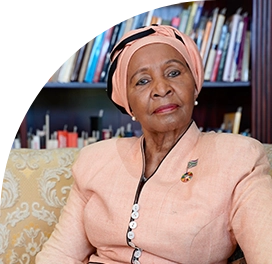
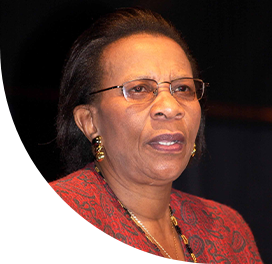
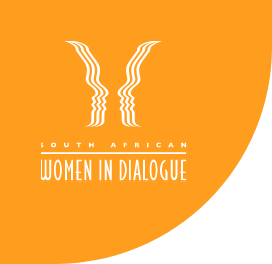
OUR PARTNERS

